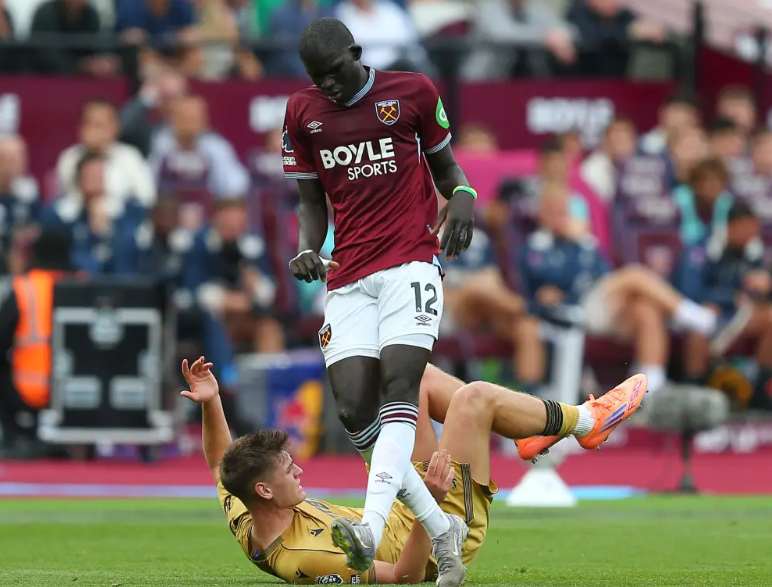
Against the backdrop of a disappointing start to the Premier League season, West Ham manager Graham Potter finds himself under intense pressure. Despite losing four of the opening five fixtures, the club hierarchy has been exploring potential replacements, even as senior players within the squad continue to voice their support for the head coach. This duality raises the question: can Potter turn things around at this crucial juncture and steer the Hammers out of their slump?
From a tactical standpoint, West Ham’s early-season form has clearly fallen short of expectations, particularly in terms of home performances. Statistical analysis shows the team’s passing accuracy and shot conversion rate are both significantly below the league average, leaving their attack blunt and ineffective. The most damaging blows came in defeats to newly promoted Sunderland and Crystal Palace—results that not only dented morale but also intensified doubts among the board about Potter’s suitability for the role.
Nevertheless, it is notable that some of the club’s most experienced players continue to stand by him. Through both internal and external channels, they have expressed their belief that Potter remains the right man for the job. This support may help ease the pressure on him, especially ahead of the crucial away clash with Everton. A positive result at Goodison Park could buy Potter valuable time and breathing space.
On the training ground, Potter’s methods are still respected. Veteran players believe that with persistence and adjustments, performances can improve. Their trust reflects a broader understanding of his philosophy, as they look to rediscover form and escape the current malaise in the coming fixtures.
The boardroom, however, remains an enigma. Chairman David Sullivan and vice-chairman Karren Brady have yet to make their stance clear, and whether they will be swayed by player backing is uncertain. Contingency plans for an interim manager have reportedly been discussed, but such a move would bring its own complications. Should West Ham falter against Everton, the risks to Potter’s tenure will only grow sharper.
From a tactical perspective, Potter must address both attacking organization and defensive stability. The Hammers’ play has often lacked cohesion in possession and resilience under pressure, leaving them vulnerable at key moments. Rapid adjustments in formation and strategy are needed if the team is to climb back toward stability.
Looking ahead, Potter will need to leverage the squad’s strengths and unlock the potential of his players. The combination of boardroom patience and player trust could prove decisive in turning fortunes around. As one senior player remarked: “Football has never been a game of just 11 men—it’s the adrenaline of an entire city.” That sense of belief and expectation may well serve as the driving force for both Potter and his squad in these testing times.
In conclusion, Potter’s future at West Ham remains uncertain, balanced precariously between boardroom doubt and dressing-room loyalty. The team’s performances in the next run of fixtures—starting with Everton—will go a long way in deciding his fate. For now, the challenge lies in finding solutions under pressure, restoring confidence, and keeping the Hammers’ season alive.

